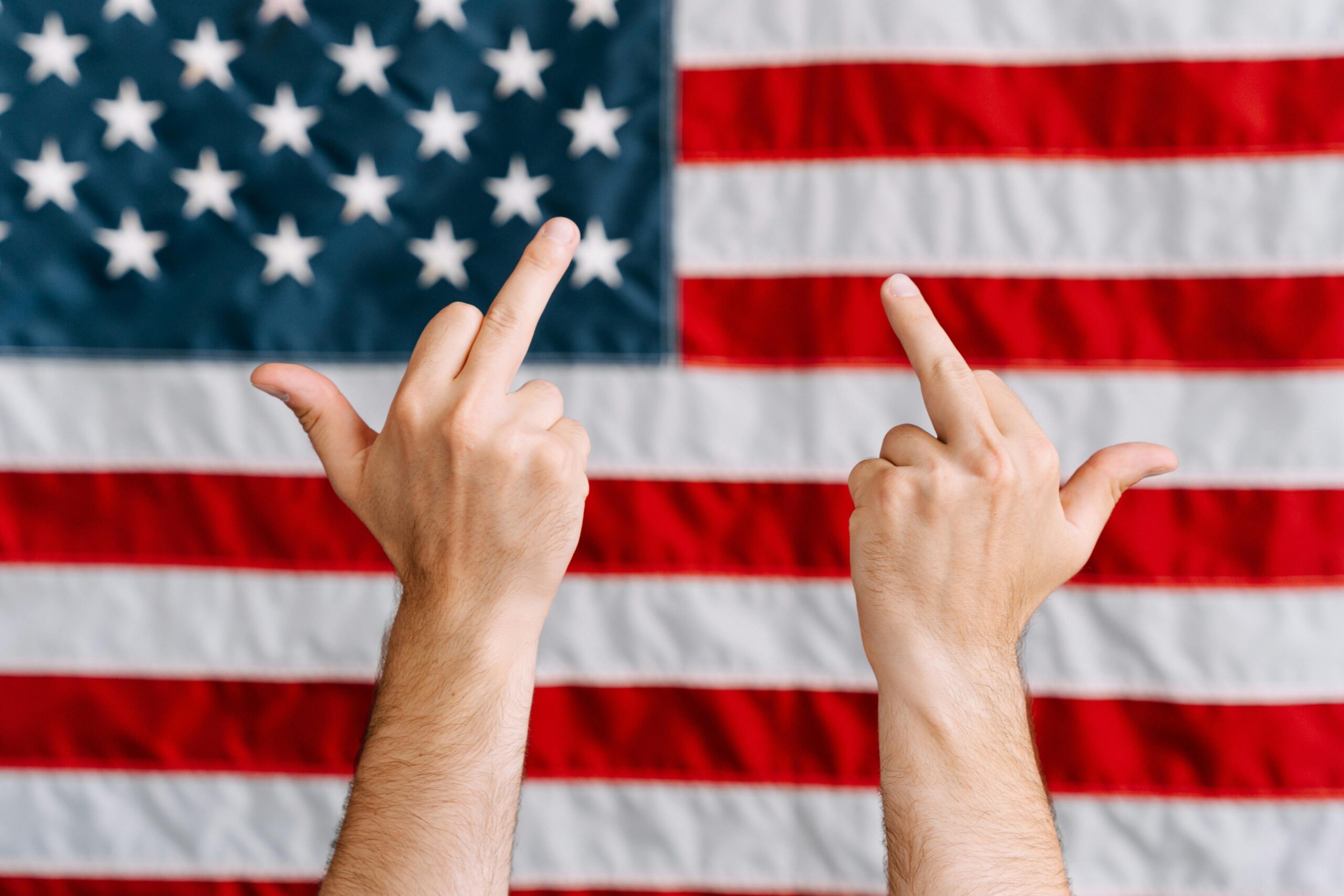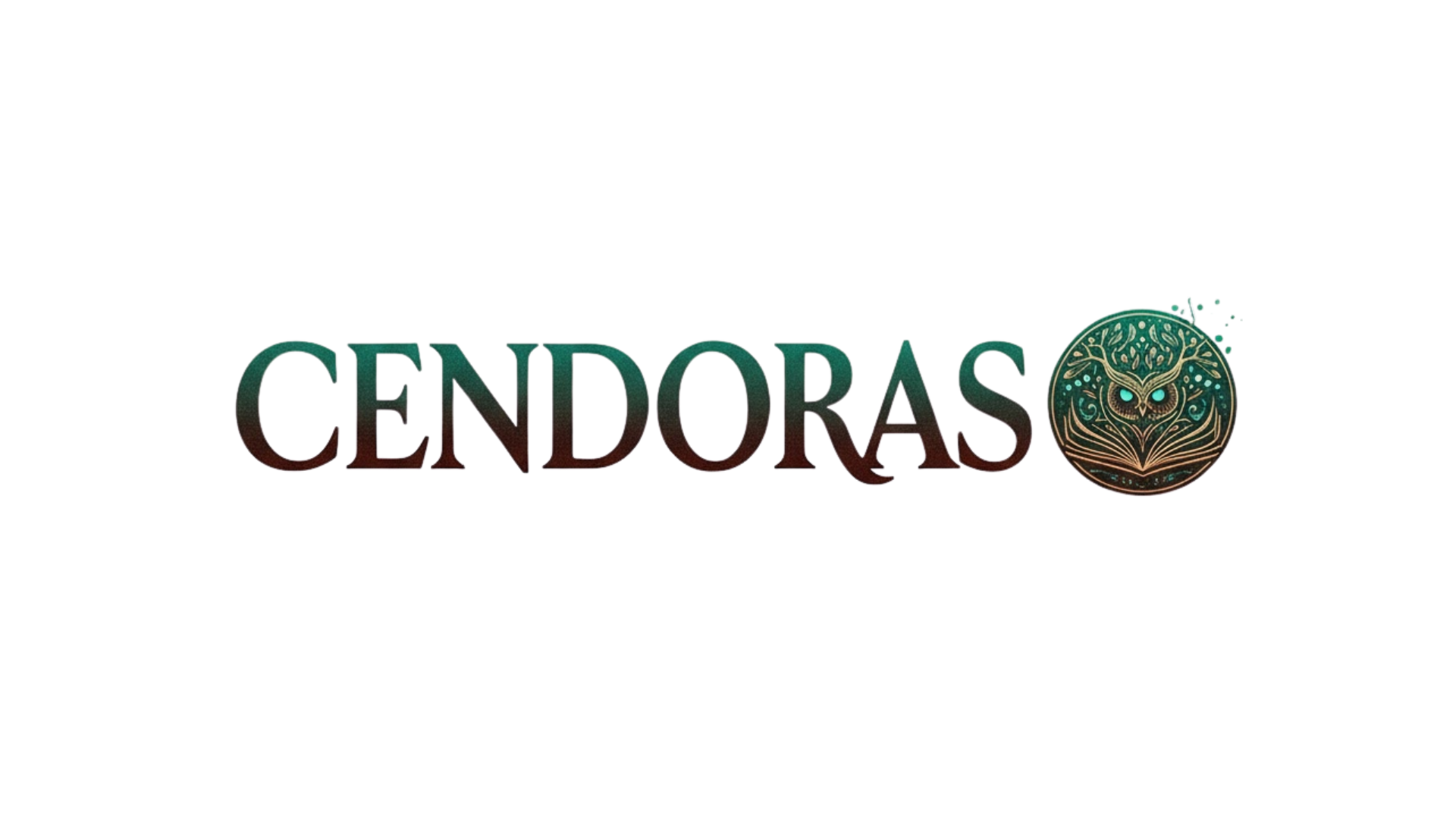Our minds filter reality through invisible lenses, shaping what we see, believe, and defend—especially in politics where confirmation bias reigns supreme. 🧠
In an era of unprecedented information access, one might expect political discourse to become more rational and evidence-based. Instead, we witness deepening polarization, with individuals on opposite sides of the spectrum appearing to inhabit entirely different realities. The culprit behind this phenomenon isn’t merely different values or priorities—it’s a fundamental feature of human cognition called confirmation bias, a mental shortcut that profoundly shapes our political beliefs and decision-making processes.
Confirmation bias represents our tendency to search for, interpret, favor, and recall information in ways that confirm our pre-existing beliefs while simultaneously dismissing or undervaluing evidence that contradicts them. In the political arena, this cognitive bias becomes particularly powerful and potentially dangerous, transforming the way we consume news, evaluate candidates, interpret policies, and engage with those who hold different viewpoints.
The Psychological Foundations of Political Confirmation Bias
Understanding confirmation bias requires examining how our brains process information. The human mind isn’t designed to be an objective truth-seeking machine; rather, it evolved to make quick decisions that enhanced survival in ancestral environments. This efficiency comes at a cost: systematic errors in reasoning that psychologists call cognitive biases.
When we encounter political information, our brains engage in what psychologists call “motivated reasoning.” This process involves unconsciously filtering information through the lens of our existing beliefs, political identity, and emotional attachments. Research demonstrates that when people with strong political convictions encounter evidence contradicting their views, the brain regions associated with threat detection activate, while areas responsible for critical reasoning show decreased activity.
Political scientist Charles Taber and his colleagues discovered that individuals with strong political opinions actively seek out information that supports their existing views while avoiding contradictory evidence. More troubling, when forced to confront opposing viewpoints, people often emerge with even stronger convictions—a phenomenon known as the “backfire effect.” This suggests that simply presenting facts rarely changes minds and can sometimes entrench existing beliefs more deeply.
How Social Media Amplifies Political Bias 📱
The digital age has transformed confirmation bias from an individual cognitive quirk into a collective phenomenon with far-reaching consequences. Social media platforms, designed to maximize engagement, inadvertently create “echo chambers” where users primarily encounter information aligned with their existing beliefs.
These algorithmic systems learn user preferences and serve content that generates clicks, shares, and comments. Because people naturally engage more with information that confirms their worldview, algorithms increasingly filter out diverse perspectives. A liberal user might see exclusively progressive content, while a conservative user receives only right-leaning information—each convinced they’re simply consuming “the news” when they’re actually receiving highly curated, bias-confirming content.
Facebook’s own internal research revealed that its algorithms create filter bubbles that reinforce existing beliefs and increase polarization. Users become progressively isolated from opposing viewpoints, losing the opportunity to understand alternative perspectives or reconsider their positions. Twitter’s retweet mechanism and YouTube’s recommendation algorithm similarly push users toward increasingly partisan content, creating feedback loops that intensify confirmation bias.
The Role of Selective Exposure in Modern Media
Beyond algorithms, individuals actively engage in selective exposure—deliberately choosing news sources that align with their political orientation. Conservatives gravitate toward Fox News or conservative podcasts, while liberals prefer MSNBC or progressive outlets. This self-sorting ensures that confirmation bias operates even before algorithms enter the picture.
Cable news networks understand this dynamic and cater to their core audiences, presenting information with particular framings and emphases that resonate with viewer expectations. The same event receives dramatically different coverage depending on the outlet, with facts selected and interpreted to support predetermined narratives. Viewers aren’t simply misinformed—they’re receiving genuinely different information ecosystems that construct incompatible versions of reality.
Confirmation Bias in Political Decision-Making
The impact of confirmation bias extends beyond media consumption into actual political decision-making, affecting how citizens vote, which policies they support, and how they evaluate political leaders.
During election campaigns, confirmation bias leads supporters to interpret candidate actions through favorable lenses while viewing opponents’ identical behaviors negatively. A policy proposal from a preferred candidate appears reasonable and well-considered; the same proposal from an opponent seems dangerous or ill-conceived. Research shows that partisan identification often matters more than policy content in determining support or opposition.
This bias affects not just voters but political leaders themselves. Elected officials, surrounded by like-minded advisors and supporters, often fall victim to confirmation bias when crafting legislation or making executive decisions. They seek information supporting their preferred approaches while dismissing expert advice that contradicts their assumptions. The result is policy-making based more on ideology than evidence, with predictably poor outcomes.
The Danger of Identity-Protective Cognition
Political scientist Dan Kahan introduced the concept of “identity-protective cognition,” which explains why intelligent, educated people often hold beliefs contradicting scientific evidence. When accepting certain facts threatens one’s group identity or social standing, the brain prioritizes protecting that identity over seeking truth.
For example, acceptance of climate science has become politically polarized not because the evidence is ambiguous but because acknowledging climate change has become associated with liberal political identity. Conservatives who might accept the science risk alienation from their political community, so confirmation bias helps them find reasons to doubt the overwhelming scientific consensus. The same dynamic operates across numerous issues: gun control, vaccination, economic policy, and more.
Breaking Free: Strategies to Combat Confirmation Bias 🔓
Recognizing confirmation bias is the crucial first step toward mitigating its influence. While we can never entirely eliminate these cognitive tendencies—they’re deeply wired into human psychology—we can implement strategies to reduce their impact on our political thinking.
Actively Seek Disconfirming Evidence
The most direct approach involves deliberately exposing yourself to high-quality sources that challenge your beliefs. This doesn’t mean consuming low-quality or intentionally inflammatory content from the opposite political extreme, but rather engaging with thoughtful, well-reasoned arguments from intelligent people who disagree with you.
Subscribe to at least one reputable news source with a different political orientation than your own. Read opinion pieces from across the spectrum. When researching political issues, specifically search for “best arguments against [your position]” rather than only seeking supporting evidence. This conscious effort helps counterbalance automatic confirmation-seeking tendencies.
Practice Intellectual Humility
Intellectual humility involves recognizing the limits of your knowledge and remaining open to revising your beliefs when presented with compelling evidence. This doesn’t mean abandoning your values or becoming wishy-washy, but rather holding your political opinions with appropriate uncertainty.
Ask yourself regularly: “What would it take to change my mind about this issue?” If the answer is “nothing,” you’ve likely crossed from principled conviction into closed-minded dogmatism. Genuinely held beliefs should be falsifiable—there should exist some conceivable evidence that could alter your position.
Separate Facts from Values
Much political disagreement stems from different values rather than different facts. Confirmation bias intensifies when we conflate these domains, treating empirical questions as if they’re moral ones (or vice versa). Learning to distinguish between factual claims and value judgments helps clarify where legitimate disagreement exists.
For instance, the question “Does a higher minimum wage reduce employment?” is an empirical one that economic research can address (though with complexity and context-dependency). The question “Should we prioritize helping low-wage workers even if it costs some jobs?” is a values question where reasonable people can disagree. Confirmation bias operates differently in these domains—we can potentially resolve factual disputes through evidence, while value differences require dialogue and compromise.
Building Cognitive Diversity in Your Information Diet
Just as nutritional health requires diverse food sources, intellectual health demands diverse information sources. Creating a balanced information diet involves intentional choices about media consumption:
- Follow individual journalists rather than outlets: Many journalists maintain professional standards regardless of their publication’s orientation. Following specific bylines can provide quality analysis across the political spectrum.
- Prioritize primary sources: When possible, read actual legislation, court decisions, or policy reports rather than relying solely on media interpretations. This reduces the filtering effect of confirmation bias at the reporting stage.
- Embrace long-form content: Nuanced analysis requires space to develop. Books, long articles, and in-depth podcasts typically offer more sophisticated perspectives than social media posts or cable news segments.
- Engage with experts, not just pundits: Political commentators make their living having opinions; actual experts in policy areas often provide more balanced, evidence-based perspectives even when their conclusions lean in particular directions.
- Cross-check sensational claims: When you encounter information that perfectly confirms your worldview or triggers strong emotional reactions, pause and verify through multiple independent sources before accepting or sharing it.
The Collective Challenge: Depolarizing Political Culture 🤝
While individual efforts to recognize and combat confirmation bias matter enormously, the problem has systemic dimensions requiring collective solutions. Political polarization driven by confirmation bias threatens democratic functioning by eroding shared reality, making compromise impossible, and fueling mutual contempt between ideological groups.
Educational institutions bear responsibility for teaching critical thinking skills and media literacy. Students need explicit instruction in recognizing cognitive biases, evaluating sources, distinguishing fact from opinion, and engaging constructively with opposing viewpoints. These skills shouldn’t be add-ons but central components of civic education in democratic societies.
Technology platforms could redesign their algorithms to reduce echo chamber effects and increase exposure to diverse perspectives. Rather than optimizing purely for engagement, social media companies could incorporate measures of viewpoint diversity and information quality into their recommendation systems. Some platforms are experimenting with “bridge content” that appeals across political divides or highlighting when users’ networks lack ideological diversity.
Creating Spaces for Cross-Partisan Dialogue
Organizations like Better Angels, Braver Angels, and Living Room Conversations bring together individuals from across the political spectrum for structured dialogues. These initiatives don’t aim to change participants’ political positions but rather to humanize the “other side” and demonstrate that good-faith disagreement is possible.
Research on contact theory suggests that meaningful interaction with out-group members reduces prejudice and stereotyping. When liberals and conservatives engage in face-to-face conversation about their values and concerns, they often discover more common ground than media narratives suggest exists. While such initiatives can’t single-handedly solve polarization, they model the kind of engagement necessary for healthy democracy.
The Neuroscience of Changing Political Minds
Recent neuroscience research offers insights into why changing political beliefs is so difficult and how it might become easier. Brain imaging studies show that political beliefs activate similar neural circuitry as religious convictions and personal identity, explaining why challenges to these beliefs feel threatening at a visceral level.
However, the same research suggests that change is possible under certain conditions. When information is presented by trusted sources, framed in ways that don’t threaten identity, and accompanied by time for reflection, people can update their political beliefs. The key is reducing the psychological threat associated with belief revision.
This has practical implications for political persuasion and activism. Rather than confrontationally challenging others’ beliefs, effective persuasion involves finding common values, building rapport, asking questions that encourage self-reflection, and allowing people to reach new conclusions on their own terms. This approach works with confirmation bias rather than against it, helping individuals find paths to new beliefs that feel like natural extensions of their existing values.

Moving Forward: Democracy in the Age of Confirmation Bias
The challenge of confirmation bias in political life isn’t going away. If anything, technological and social changes will continue intensifying the problem. However, awareness itself is powerful. When we recognize our cognitive biases, we gain the ability to compensate for them, at least partially.
Democratic self-governance depends on citizens’ capacity for rational deliberation, compromise, and course-correction based on evidence. Confirmation bias threatens these capacities by trapping us in self-reinforcing belief systems increasingly disconnected from shared reality. The stakes couldn’t be higher—from climate change to public health, from economic policy to international relations, the complex challenges facing modern societies require that we base decisions on the best available evidence rather than comforting fictions.
Breaking the bias begins with personal commitment to intellectual honesty, continues through changed media consumption habits, and extends to cultural shifts in how we conduct political discourse. It requires recognizing that being less wrong matters more than being confidently certain, that changing your mind represents strength rather than weakness, and that people who disagree with you are rarely stupid or evil—they’re usually just seeing the world through different cognitive lenses shaped by different experiences and information environments.
The path forward involves both humility about our own susceptibility to bias and determination to think more clearly despite our cognitive limitations. In an age of unprecedented polarization, the ability to recognize and resist confirmation bias may be one of the most important civic skills we can develop. Our democracy’s future depends on millions of individuals making the daily choice to seek truth over tribal comfort, to engage with complexity rather than retreat into simplicity, and to remember that we’re all vulnerable to the same cognitive biases that make politics so challenging—and so important to get right. 🗳️
Toni Santos is a behavioural economics researcher and decision-science writer exploring how cognitive bias, emotion and data converge to shape our choices and markets. Through his studies on consumer psychology, data-driven marketing and financial behaviour analytics, Toni examines the hidden architecture of how we decide, trust, and act. Passionate about human behaviour, quantitative insight and strategic thinking, Toni focuses on how behavioural patterns emerge in individuals, organisations and economies. His work highlights the interface between psychology, data-science and market design — guiding readers toward more conscious, informed decisions in a complex world. Blending behavioural economics, psychology and analytical strategy, Toni writes about the dynamics of choice and consequence — helping readers understand the systems beneath their decisions and the behaviour behind the numbers. His work is a tribute to: The predictable power of cognitive bias in human decision-making The evolving relationship between data, design and market behaviour The vision of decision science as a tool for insight, agency and transformation Whether you are a marketer, strategist or curious thinker, Toni Santos invites you to explore the behavioural dimension of choice — one insight, one bias, one choice at a time.




